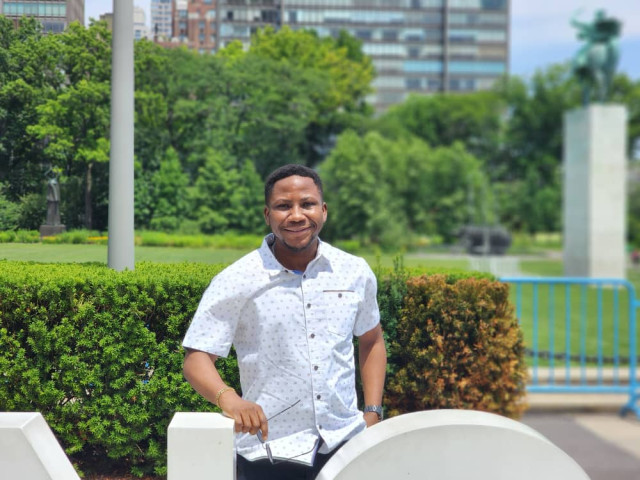Nigerian researcher Samuel Arowosafe is pioneering the ethical use of artificial intelligence (AI) for societal benefit, at a time when global leaders are competing to leverage AI for economic and political gain.
As a doctoral candidate at the University of Florida’s College of Journalism and Communications, Arowosafe examines how individuals react to political communications from AI compared to those from human sources, focusing on trust, persuasion, and misinformation, particularly among young Nigerians.
His research is crucial as Nigeria approaches its 2027 elections. “AI should inform rather than manipulate; it should empower instead of marginalize,” he stated. “My aim is to make that distinction clear and quantifiable.”
His work resonates with recent U.S. policies under President Donald Trump that advocate for the removal of obstacles to AI innovation while promoting ethical and inclusive application.
The executive orders signed in 2025 seek to promote AI education, workforce development, and collaboration between public and private sectors; principles that are reflected in Arowosafe’s academic and professional activities. At UF’s ICED (Infrastructure for Communities, Ecology for Data) Hub, he explores AI utilization in rural communities.
During a recent internship with UNICEF, he implemented AI tools for communication initiatives aimed at promoting equity in education.
“I have witnessed how AI can enhance the lives of individuals in rural regions and humanitarian contexts.
The objective is to ethically amplify that potential, beginning in Nigeria,” he stated.
Honored with the UF International Student Achievement Award, Arowosafe belongs to a rising group of global thinkers who are redefining AI’s societal function—not merely as a technology, but as a mechanism for justice, voice, and opportunity.




















